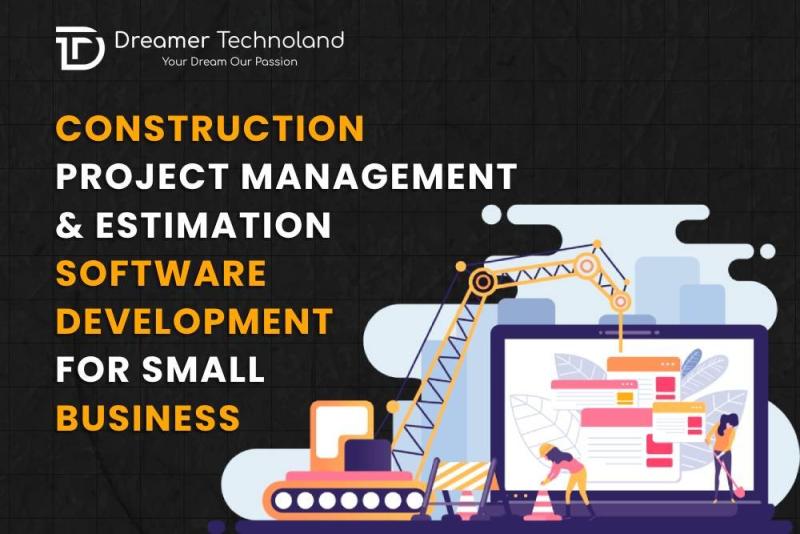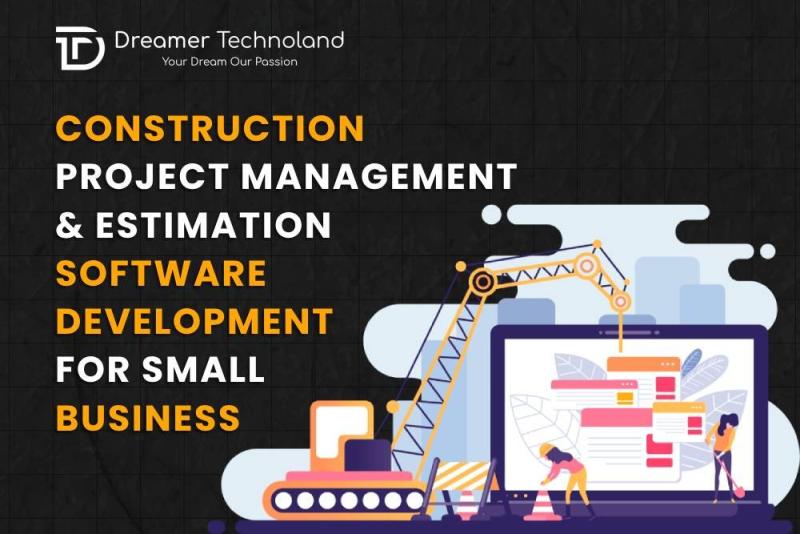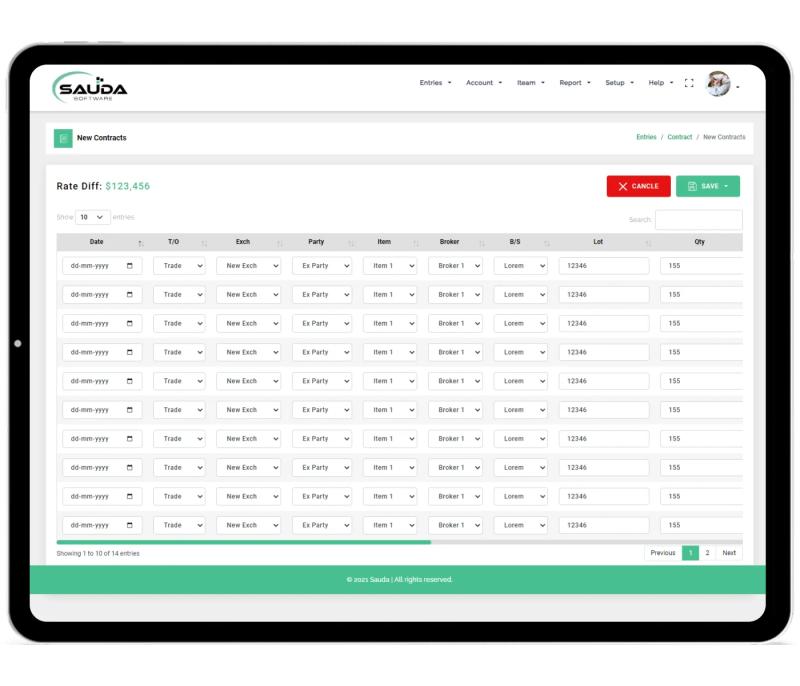How to Choose the Best Project Management Software for Small Construction Company

Managing a small construction company involves juggling multiple tasks, from planning and budgeting to scheduling and communication. To streamline these processes and enhance efficiency, selecting the right project management software is essential. But with so many options available, how do you choose the best one for your needs? In this comprehensive guide to help you make an informed decision, we will share how to choose perfect construction management software for small business and expand your business to the next level. This guide is detailed and fruitful for businesses of almost all sizes.
Choosing the Best Project Management Software for Small Construction Company
Here are a few key considerations that you need to make for choosing the perfect contractor software for small business:
Assess Your Needs
Before diving into the property development project management software selection process, take time to evaluate your specific requirements. Consider the following:
- Project Size and Complexity: Are you managing small residential projects, or do you take on larger commercial builds? Understanding the scale will help you identify suitable software features.
- Team Size: The number of users will influence your software choice, particularly regarding user licenses and collaboration features.
- Specific Features: List the functionalities that are critical for your operations, such as scheduling, budgeting, document management, and communication tools.
Focus on Key Features
When exploring project management software, prioritize features that cater to the construction industry:
- Task Management: Look for tools that allow you to create, assign, and track tasks easily.
- Scheduling Tools: A robust scheduling feature will help you manage timelines and resource allocation effectively.
- Budgeting and Cost Tracking: Features for estimating costs, tracking expenses, and managing budgets are essential for keeping projects profitable.
- Collaboration Tools: Ensure the software supports real-time communication and collaboration among team members, subcontractors, and clients.
- Document Management: A centralized place for storing and sharing important documents, such as plans and contracts, can save time and reduce errors.
User-Friendliness
Adoption of new software is crucial for its success. Choose a platform with an intuitive interface that your team can easily navigate. Consider the following:
- Ease of Use: Look for software that minimizes the learning curve, allowing your team to become proficient quickly.
- Mobile Access: Many construction professionals are on the go. Ensure the software offers a mobile app or responsive design for access from job sites.
Integration Capabilities
Your project management software should integrate seamlessly with other tools you use, such as accounting software, scheduling tools, and design software. This integration can help streamline workflows and reduce the need for duplicate data entry.
Scalability
As your construction business grows, your project management needs will evolve. Choose software that can scale with you, offering additional features or user licenses as needed. This ensures that you won't have to switch platforms as your company expands.
Cost Considerations
Budget is always a critical factor when choosing software. Evaluate the total cost of ownership, including:
- Upfront Costs: Assess initial setup fees, training costs, and any hardware requirements.
- Ongoing Costs: Consider subscription fees, maintenance costs, and potential charges for additional features or users.
- Return on Investment (ROI): Look for software that can demonstrate how it will save time and money in the long run.
Trial and Demo Options
Many software providers offer free trials or demos. Take advantage of these opportunities to evaluate the software firsthand. This hands-on experience can help you determine if the tool meets your needs and if your team finds it user-friendly. Also, a few specific software like trade project management software needs to be evaluated in the first go.
Customer Support and Training
Robust customer support is essential, especially when implementing new software. Research the level of support offered, including:
- Availability: Is support available 24/7 or during business hours only?
- Training Resources: Check for tutorials, documentation, and onboarding assistance to help your team get started.
Read Reviews and Seek Recommendations
Do some research to see what other construction professionals have to say about different software options. Online reviews, testimonials, and case studies can provide insights into user experiences and potential pitfalls.
Make Your Decision
After evaluating your options, compare the software based on your criteria. Involve key team members in the decision-making process to ensure that the chosen solution meets everyone’s needs. Know more about construction rental software for heavy equipment and understand if you need it before taking it.
Conclusion
Choosing the best project management software for your small construction company can significantly impact your efficiency and success. By assessing your needs, focusing on key features, considering cost, and taking advantage of trial options, you can make an informed decision that will streamline your operations and set your business up for growth. Rely on project management software or equipment rental tracking software for the smooth management of your business. Remember, the right software is an investment in your company’s future, so take the time to choose wisely!











Comments